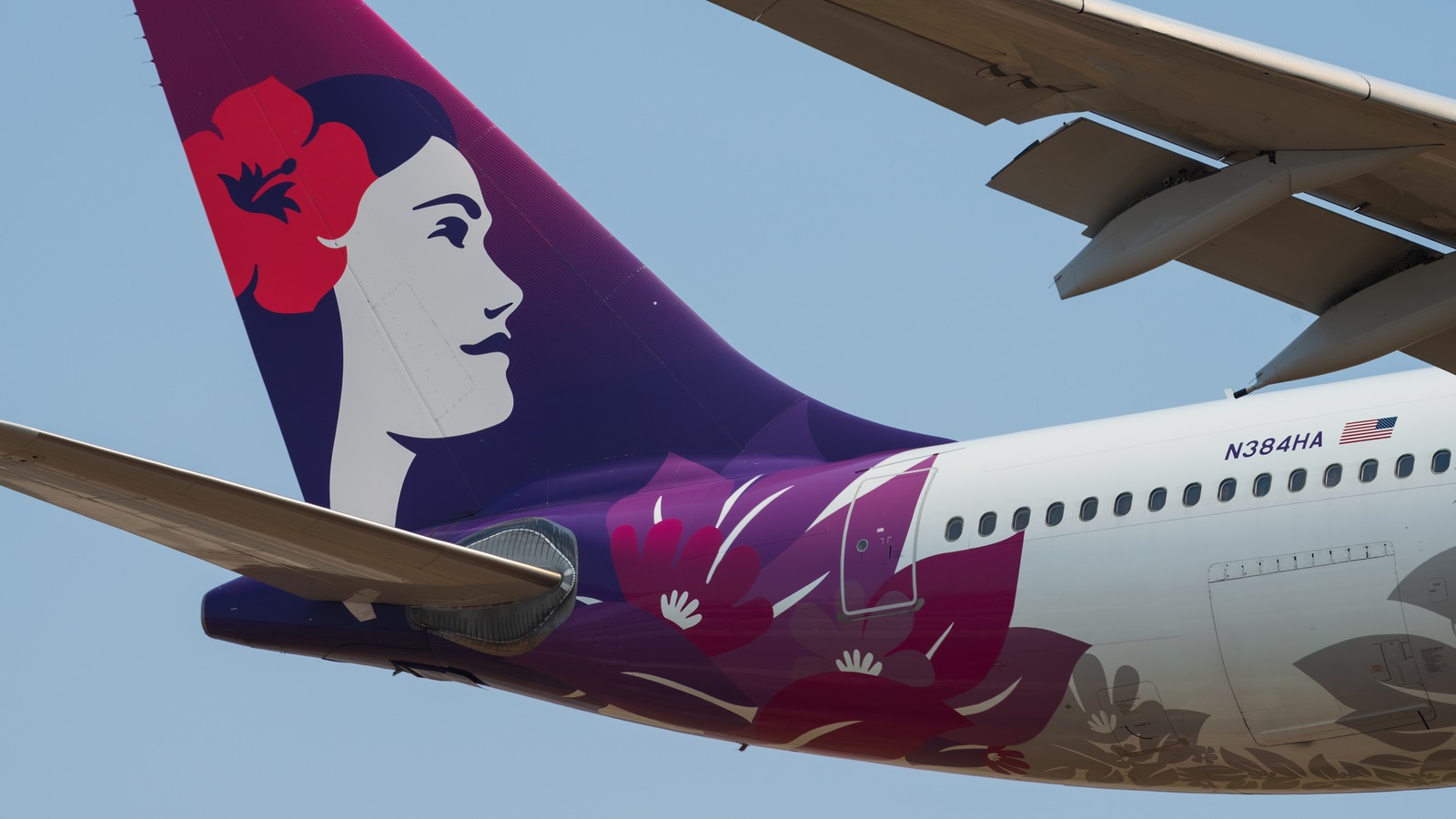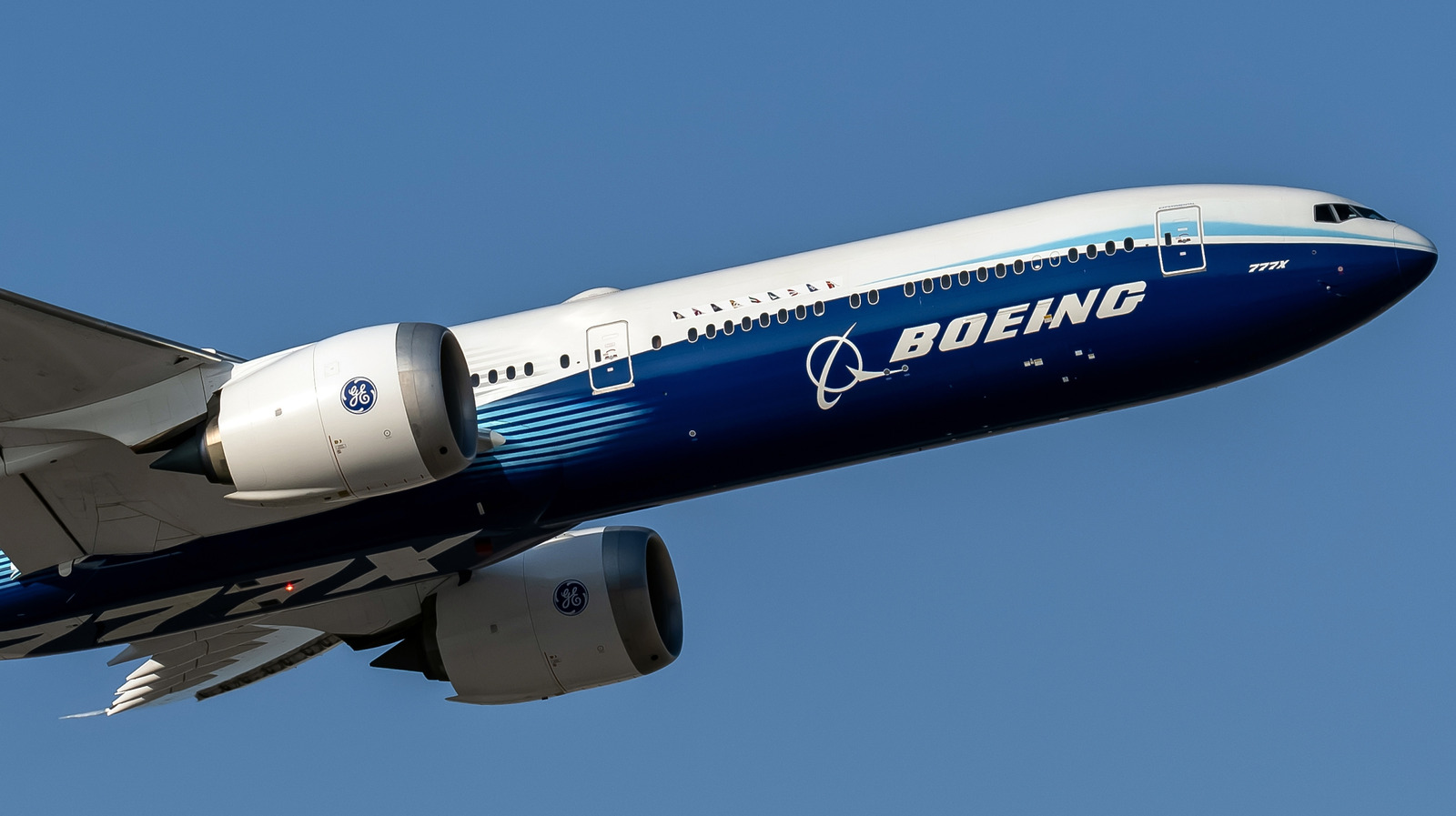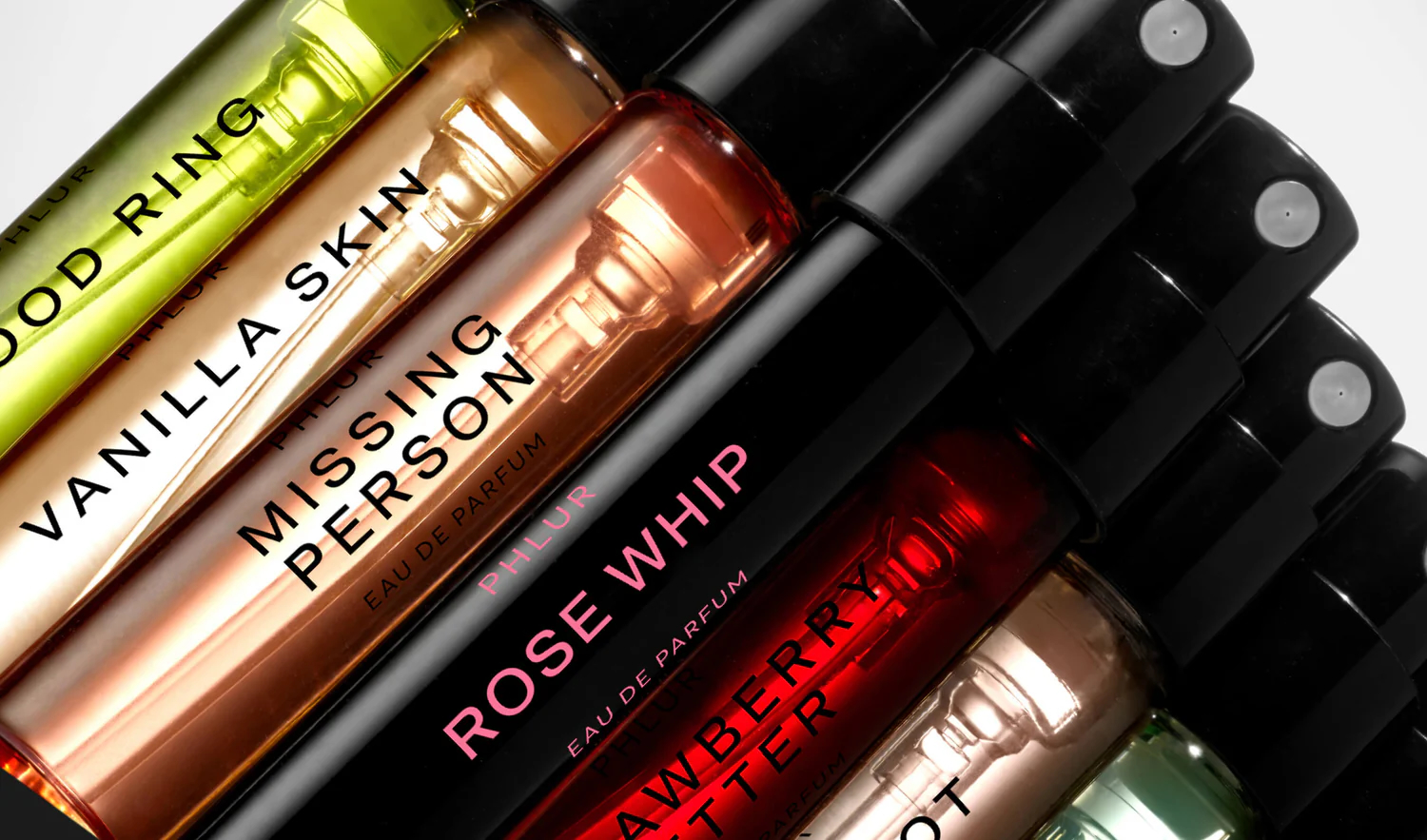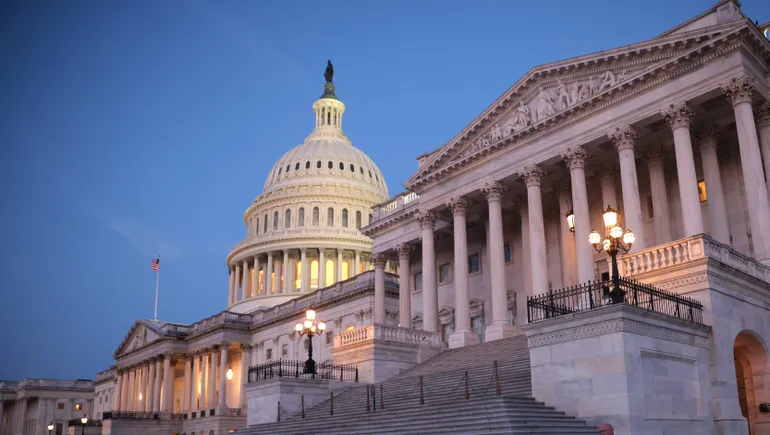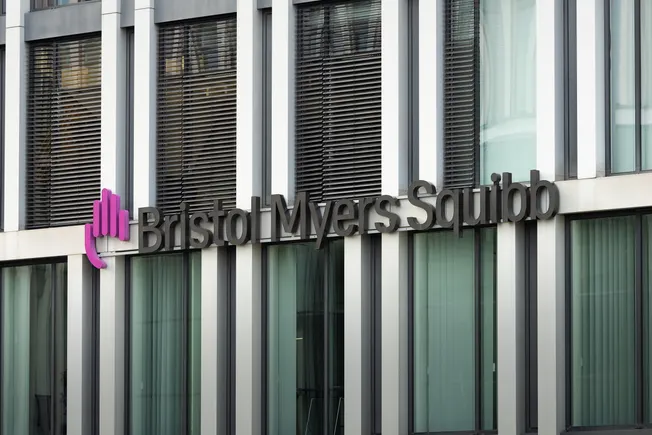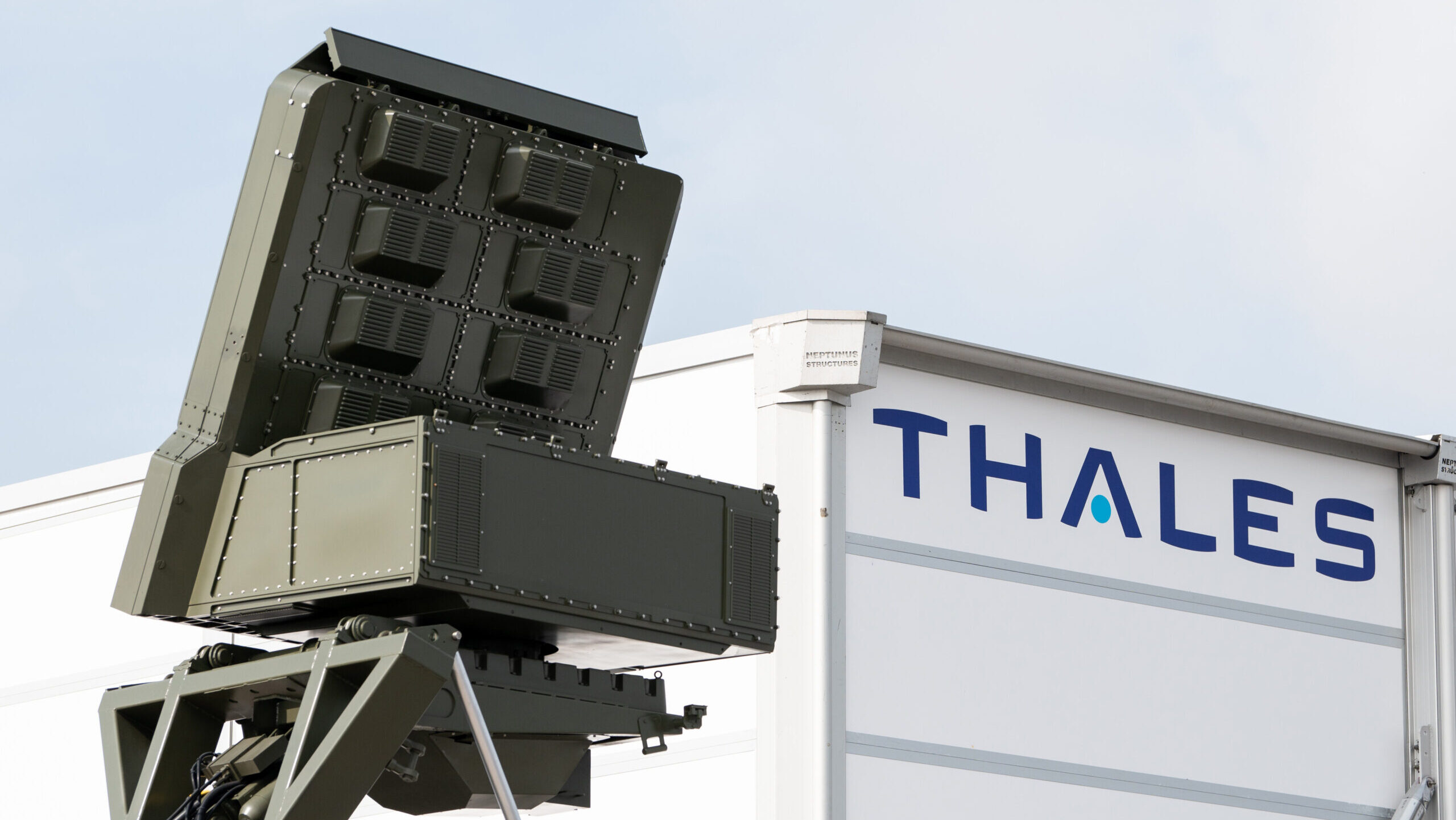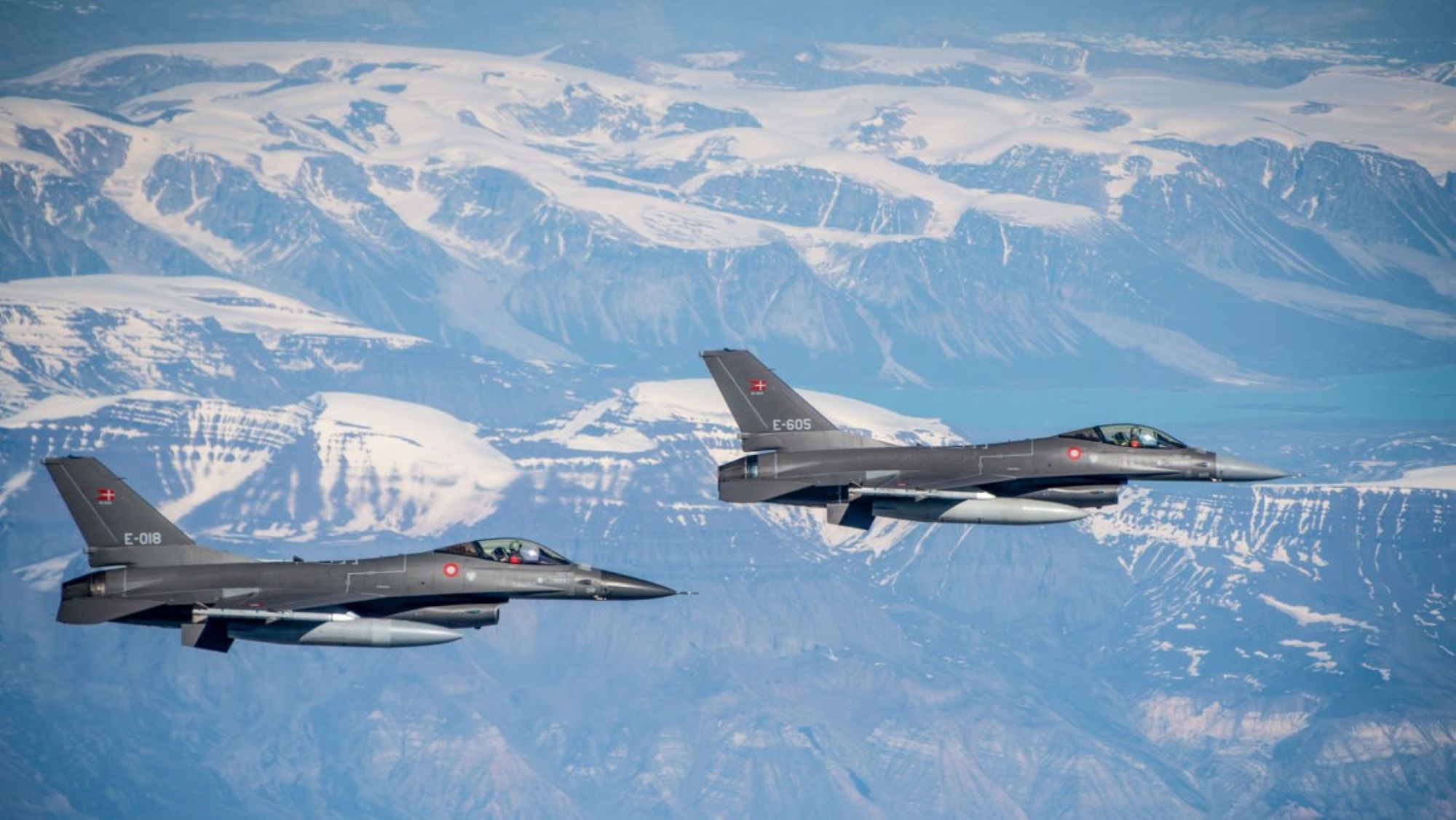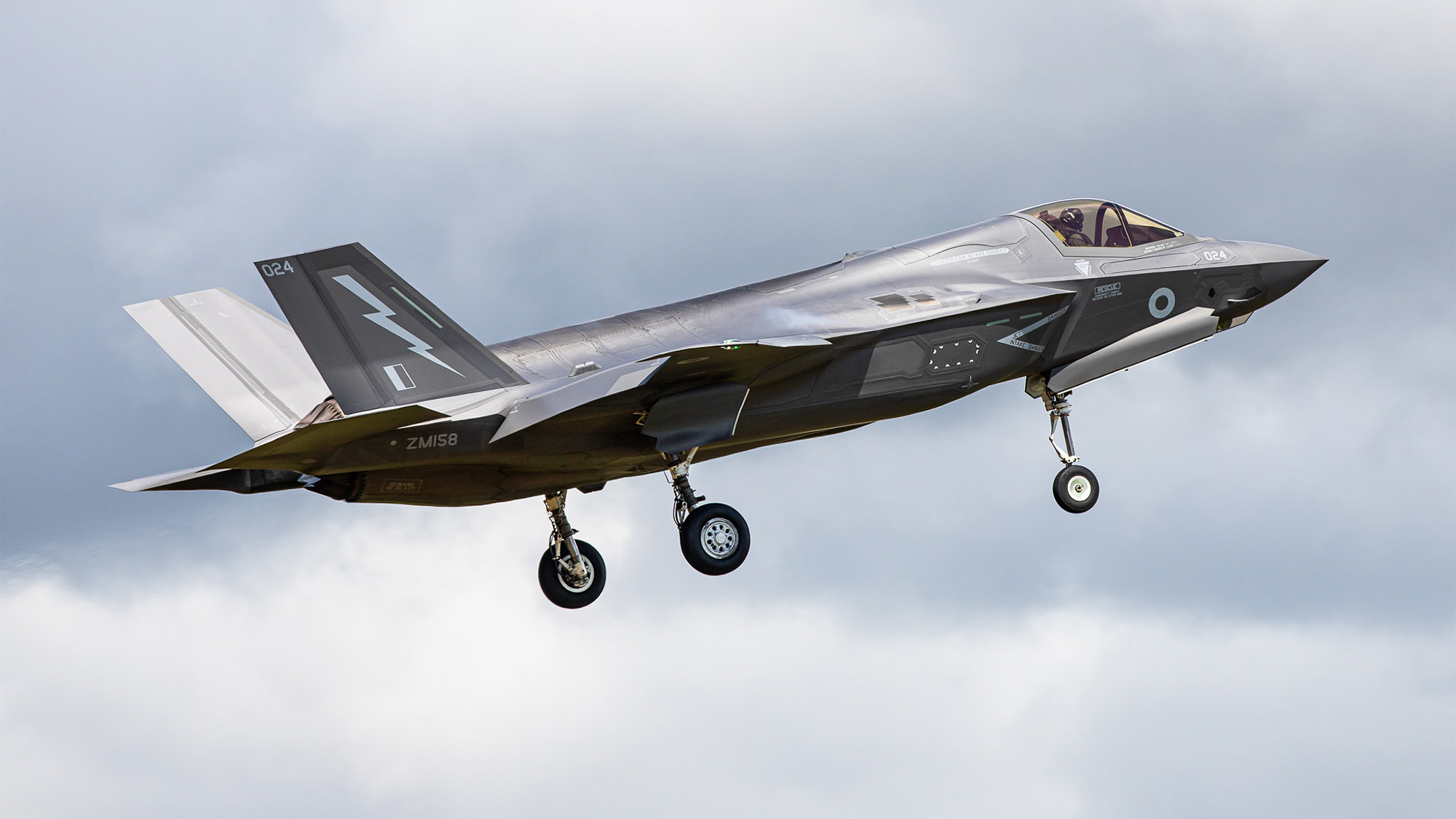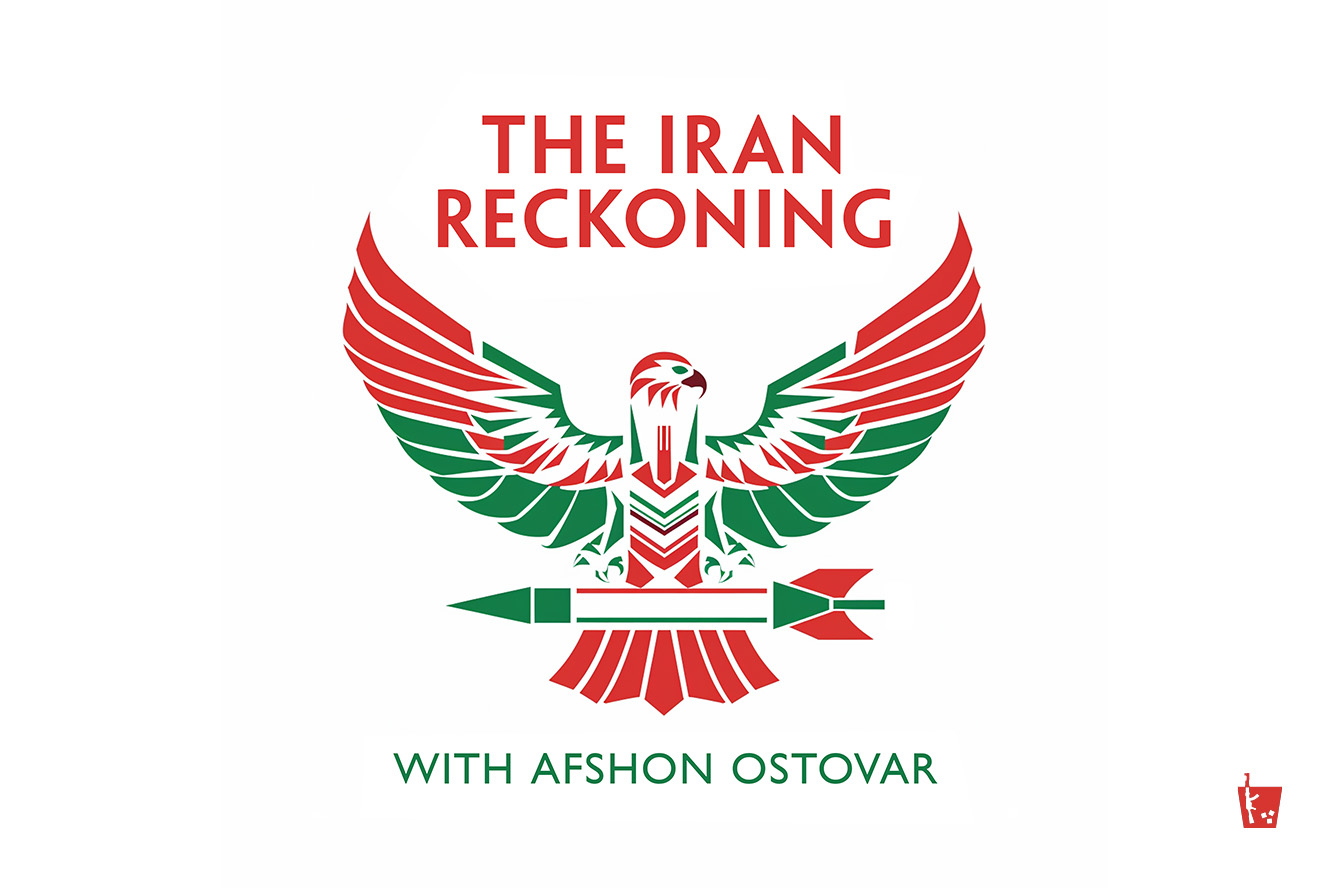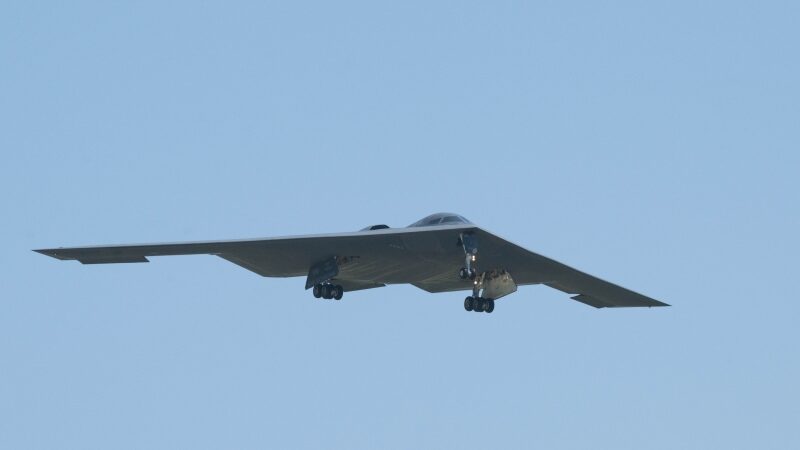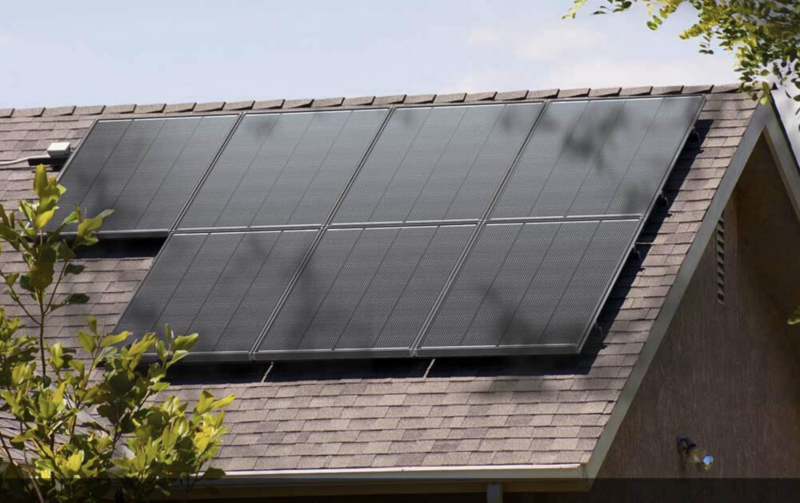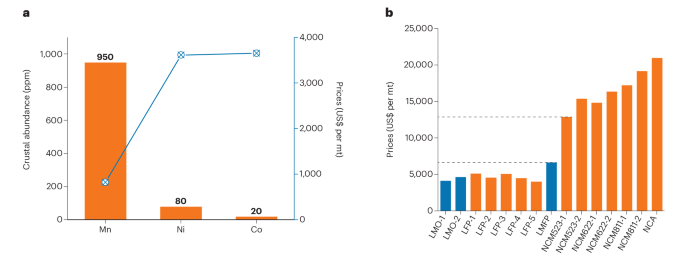Nike has reported an 86% drop in quarterly profits as it grapples with a sharp decline in sales, a costly corporate revamp, and a $1bn hit from US tariffs.
The sportswear giant posted a net profit of $211m in its fiscal fourth quarter, down from $1.5bn a year earlier, as revenues fell 12% to $11.1bn — the lowest since Q3 2022.
Greater China saw the steepest sales drop, while North America and EMEA saw more encouraging signs of recovery.
Chief financial officer Matthew Friend said the results reflected the “largest financial impact” from its ongoing Win Now restructuring programme.
He also confirmed the firm would be implementing “surgical” price increases in the US starting this autumn to offset new tariffs introduced by President Trump.
The Oregon-based brand estimates the current tariff regime — part of Trump’s “Liberation Day” trade strategy — could add around $1bn to its costs this year. To mitigate the impact, Nike plans to reduce its reliance on China for US-bound footwear, cutting production from 16% to high single digits by May 2026.
“Our aim is to fully offset the tariff burden over time,” said Friend, adding that Nike is working with retail partners and suppliers to minimise consumer impact.
Despite the weak quarter, shares rose more than 10% in after-hours trading as Nike’s revenue guidance for the upcoming quarter came in better than expected. Executives pointed to “building momentum” in wholesale collaborations with retailers like JD Sports and Dick’s Sporting Goods, and reiterated their confidence in longer-term recovery.
Chief executive Elliott Hill added: “We’re seeing encouraging signs in North America and EMEA, though China will take longer. But we believe we’re turning a corner.”
Nike’s price hikes follow similar moves from Adidas, which warned last month that rising trade costs would force it to increase US prices as well.
The latest results come amid renewed global uncertainty over trade policy. While the US and China recently agreed to ease tariffs on rare earth materials, the White House’s broader 90-day tariff suspension — due to expire in July — leaves the retail sector bracing for further volatility.
Click here to sign up to Retail Gazette‘s free daily email newsletter











